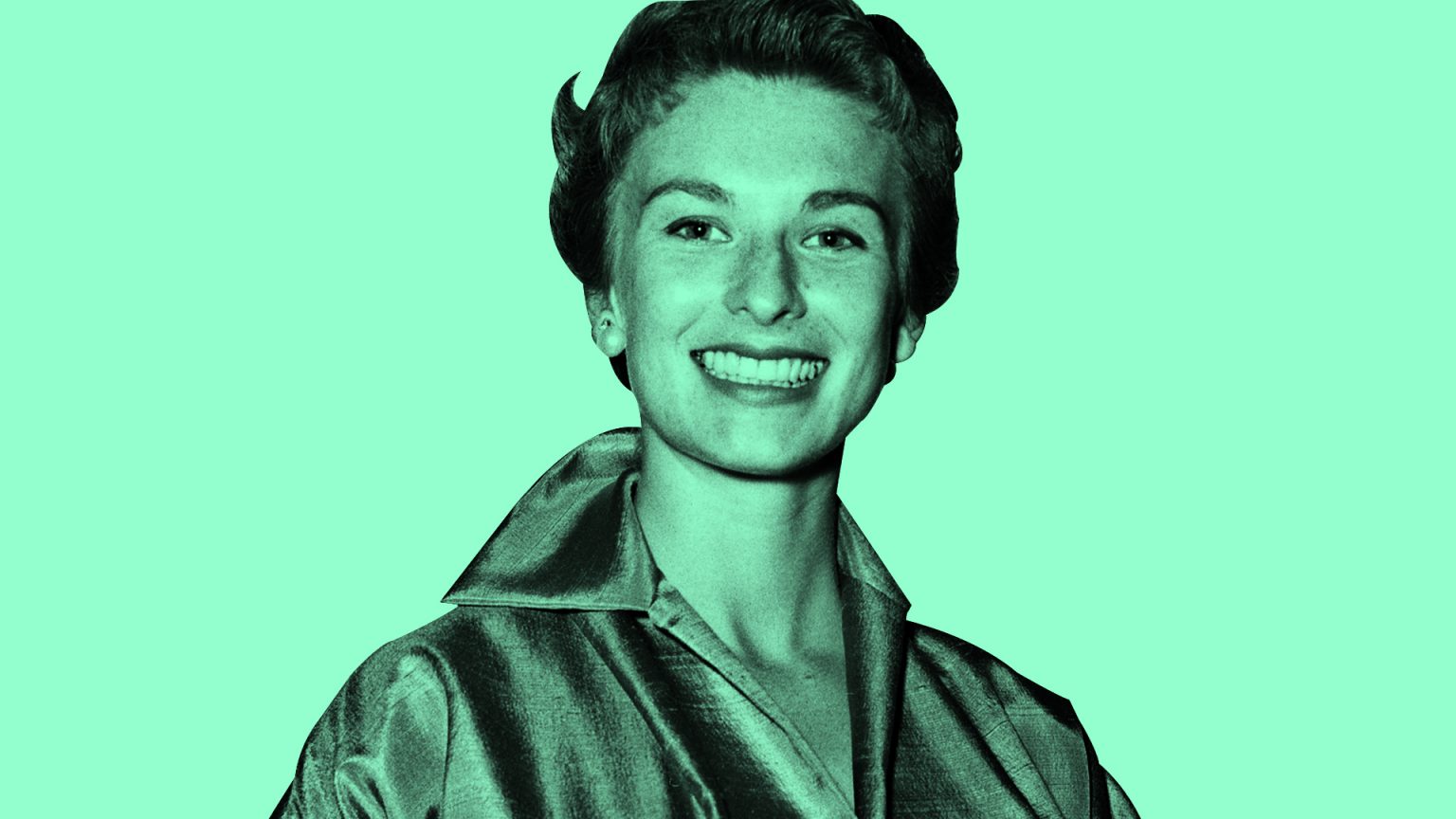This is how I remember the movie starts:
There’s a dark highway. A late, black night. We hear her breathing first. In my memory, this part lasts a long time, maybe a minute, before a character shows up on the screen. At first, we just see her shoeless feet running along the highway before the camera cuts farther down the road, where we see the woman in full. She has short-cropped, light curly hair, no shoes, and wears only a trench coat.
But when I watch it again, Kiss Me Deadly (1955) opens differently than what I remember. We see the shot of her bare feet running along the highway almost immediately. This shot is intercut with that of her trying to flag down cars, which, in a way that presupposes Cold War paranoia, fails to stop any of the drivers. Finally, she steps in front of a car, forcing it off the road. Hesitantly, she limps to the car as the driver tries to restart the engine.
“You almost wrecked my car,” the driver says as she stands by the driver’s door. She says nothing in return. Finally, he tells her to get in. She limps around to the passenger door, opens it, and slumps into the seat. The car starts. A Nat King Cole song starts playing and they head down the highway. The opening credits run.
Now, the breathing starts. But it’s not breathing. It’s crying. Exasperated crying, which is why I must have remembered it as labored breathing from running. Only the light from the car’s dash illuminates the two people. The woman cries through the credits as the Nat King Cole song drones along, unaware of the people onscreen listening to it, like the eerie song sometimes used in horror movies to underline the absurd brutality of terror onscreen.
As far as opening sequences go, Robert Aldrich’s noir setup is a gut-punch. And it was my introduction to Cloris Leachman. She is the woman running down the dark road. If the name doesn’t sound familiar, I guarantee that you’ve seen her on television at some point. She has been appearing on television for over seven decades, maybe most famously as Phyllis Lindstrom in The Mary Tyler Moore Show, but more recently in shows like American Gods and Raising Hope.
After I watched Kiss Me Deadly, I needed to know who Cloris Leachman was, what else she had been in. It was only then that I realized that she was the same actress on TV who I’d been watching most of my life without noticing. The circumstances of the opening to Kiss Me Deadly are so harrowing, so tinged with danger for the woman, that I guess I just assumed the real-life circumstances of the actor on screen would be just as deadly; I supposed that she was likely a 1950s Dorothy Stratten, that she had maybe starred in a few movies, just enough to hint at the possibility of a brilliant career to come, before having her life cut tragically short. But Leachman has never stopped working. And today, she is largely known for her brilliant comic timing on television and in the Mel Brooks films, High Anxiety, History of the World Part One, and as Frau Blücher (insert horse neighing) in Young Frankenstein.
But her dramatic turns like in Kiss Me Deadly, The Last Picture Show (for which she won the Oscar for Best Supporting Actress), and in one of the best classic Twilight Zone episodes ever, “It’s Still a Good Life,” make me wonder what could have been if she had decided to focus on dramatic roles instead of comedic.
The truth is Leachman is probably too much of a goofball to want to always do that kind of serious role. Do yourself a favor and watch any of her interviews with Johnny Carson, in which her soft-outspokenness belies her humor, her penchant for putting Carson on his back foot, and her ability to beset the expectations of an actress of the era. Or go find the clip of her appearance on the Wendy Williams Show where she, in the same breath, refers to Sarah Palin and Bill Clinton as “sluts.”
But still, I come back to Kiss Me Deadly. If you haven’t seen this movie, see it. Leachman only appears in a small portion of the movie, and yet she is the driving force. She sets the tone for a story dripping with the paranoia of changing times, of an America coming out of the afterglow of World War II and realizing that the world wasn’t fixed by conflict. She challenges the man who picks her up, attacking the implied sentiments of what it means to be a man and to be a woman in a world where outmoded values have begun to shift to the discomfort of those in power — men and America. These mores are still changing — for the better, it seems, though not without pushback by the people and institutions that fear change and loss of power, even if that power comes from suppression of others. For a few minutes in 1955, Cloris Leachman gave a powerful performance that spoke to these things and that continues to speak to these things. And since then, she has made us laugh.




